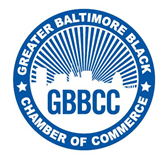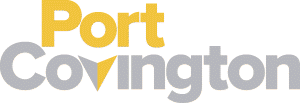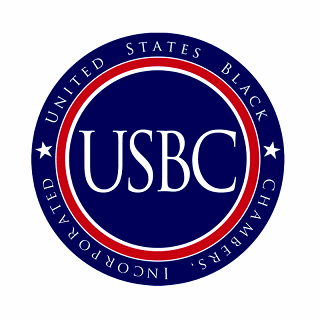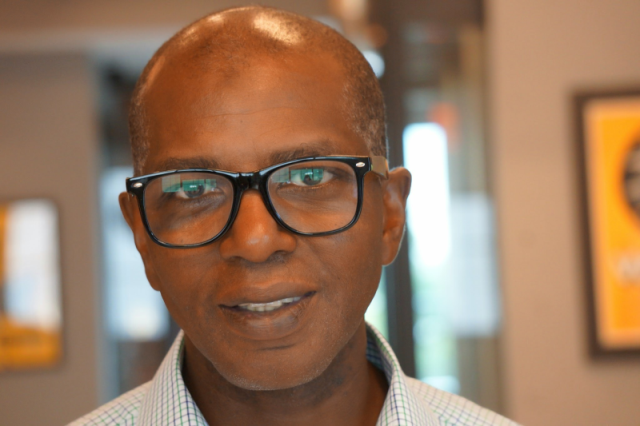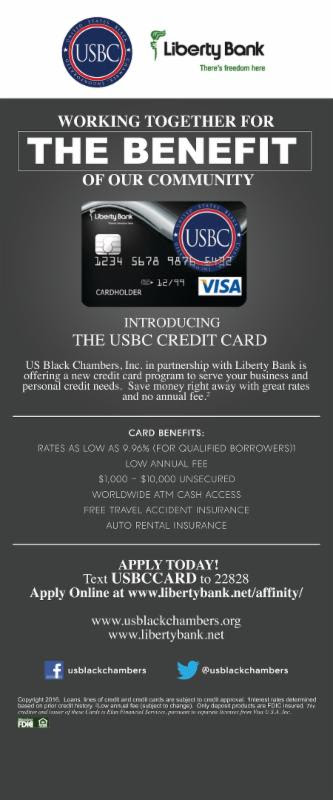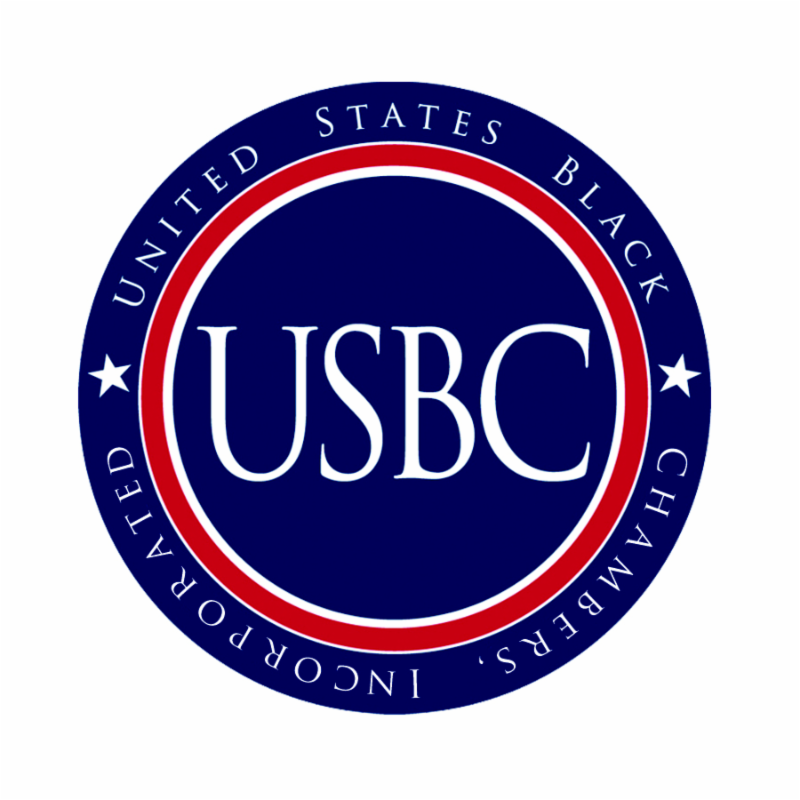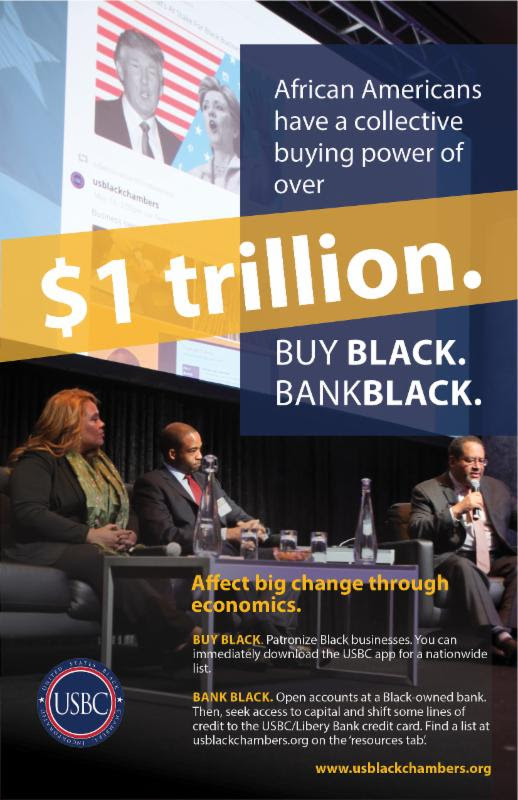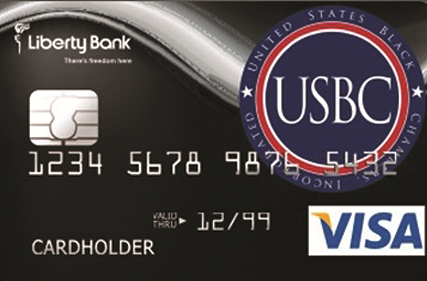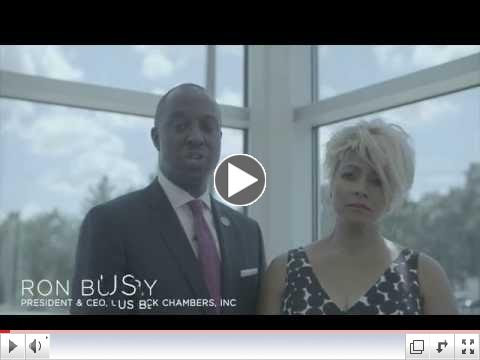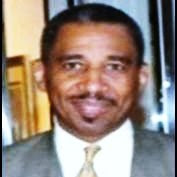|
"There's a myth that's been placed on our communities for many generations: White people's ice is colder. White businesses are superior to black businesses," says Ron Busby, president of the U.S. Black Chambers, a national business organization for black-owned companies. "We have to change that mentality. We have to be better, conscientious consumers."
As published in the Salt Lake Tribune:
New York-- When Terina McKinney displays her leather bags and belts at events attended primarily by black women, they are often interested in her designs, and in her experience as an African-American business owner. But she seldom makes sales.
"They all ooh and ahh and ask a ton of questions, but don't necessarily make purchases," says McKinney, whose Jypsea Leathergoods products range from $20 to $325. Instead, her customers tend to be white or Asian women.
While calls have been increasing for black consumers to support black-owned businesses with their buying power estimated at more than $1.2 trillion a year, social media campaigns with momentum like (hash)buyblack are relatively new. And McKinney's frustration is shared by some other black business owners who say they can find it hard to sell to black consumers.
The factors can be logistical or practical, such as being located farther away or having higher prices than big chain stories, retail experts and civic leaders say. Scarcity can be a reason: It can be hard to find businesses owned by African-Americans. But other considerations might be emotional, like wanting a trendy design everyone is wearing, or the perception that national brands are better.
"There's a myth that's been placed on our communities for many generations: White people's ice is colder. White businesses are superior to black businesses," says Ron Busby, president of the U.S. Black Chambers, a national business organization for black-owned companies. "We have to change that mentality. We have to be better, conscientious consumers."
McKinney, who lives in Camden, New Jersey, outside of Philadelphia, says her lower sales to black shoppers don't seem to be a matter of money, since she finds that many will spend on well-known labels.
Designer Joede Brown has seen similar responses to her crocheted clothing, which sells under the Black Pearl Creations brand from under $30 to up to $500 for the most intricate pieces. She finds black customers sometimes say her products are too expensive, although they'll wear a big-name brand that costs the same or more.
Brown, who lives in Manchester, New Hampshire, recognizes that a preference for well-known brands isn't limited to the black community, but also wonders if buying them is a statement: "You've beaten me down, but look, I can have this too."
Consumers who do try to focus their spending on black-owned companies say finding them requires research, and it can take more time and effort to get there. But locating options is getting far easier, both through local and national social media campaigns and online lists from groups like the U.S. Black Chambers.
"This is the only way we as a people can generate wealth, by supporting our own," says Rebecca Briscoe, of Houston. Her grandfather's photography company was black-owned and focused on black customers from the 1940s onward because white photographers would not do business with them.
"If you don't support their business, they don't have a business," says Briscoe.
Campaigns like #buyblack and also #bankblack, which encourages people to use black-owned financial institutions, are having an impact. The #bankblack campaign got a boost last month from rapper and activist Killer Mike, who called on people to shift their money to these banks. OneUnited Bank has gone from 50 new accounts a day to as many as 1,000, says Teri Williams, president of the financial institution that has offices in Boston, Miami and Los Angeles and also operates online.
"It's opening the community's eyes to the many ways they're spending their dollars," Williams says of the campaigns.
Businesses that provide a service may have more success than those that sell merchandise, says Jerome Williams, a marketing professor at Rutgers University.
"Since service businesses tend to involve more people interactions, the people relationships should prove to be more important, compared to situations where the focus is primarily on the product," he says.
Small and medium-sized retailers can find it hard to compete on price and selection with giants such as Wal-Mart that can negotiate lower prices with manufacturers through their scale. And finding black retailers and service providers across a range of industries isn't always easy, Jerome Williams says.
"As a black consumer, if I wanted to buy from a black-owned merchant, there aren't enough to satisfy my needs," he says.
The nearly 2.6 million black-owned companies in the United States account for about 9 percent of the total number of businesses in a country where 13 percent of the population is black. The 2012 census of businesses found that black-owned operations made up about 6 percent of all U.S. retailers and about 7 percent of businesses that provide food or accommodation.
Financial counselor Harrine Freeman has black-owned beauty supply and clothing stores, a dollar store, shoe repair and other service providers not too far from her Washington, D.C., home. She has searched online or asked friends and neighbors to find other businesses. But other black-owned stores might be an hour's drive away.
"I'm willing to drive that far, but that's not to say I can go there every week," Freeman says.
Many stores in traditionally black neighborhoods may also have changed hands. In parts of Los Angeles, including the once-majority black South Central area, Hispanics have replaced many of the black residents, and many black-owned businesses have closed or moved, says Joe Hicks, vice president of Community Advocates Inc. in Los Angeles.
Black-owned businesses offer black consumers distinct advantages - especially if shoppers have felt discriminated against at other places - and can provide services tailored to their needs, says Geraldine Henderson, a marketing professor at Loyola University in Chicago. She cited health care providers who understand medical concerns that may be more relevant to black patients.
"You want to go to a provider with cultural competence," Henderson says.
Maggie Anderson, who lives in the Chicago suburb of Oak Park, wrote a book called "Our Black Year" about her effort to buy from black-owned businesses exclusively. That included the stores where she and her husband bought food, clothing, household necessities and personal care items, as well as service providers like hair salons, auto mechanics and restaurants.
Sometimes that meant driving 50 miles to get things. Sometimes it meant going without fresh fruit because they couldn't find what they wanted at a black-owned store. It meant telling their daughters "no" when a toy or book wasn't sold at a black-owned shop.
"It was a message to our fellow black consumers that we have to be more accountable to what has happened to and what is happening to our community," Anderson says.
Anderson says she has sensed some wariness when she speaks with groups of black consumers about her project, because the audience understands the amount of work involved. She says she also knows that while she had the time and financial resources to devote to the endeavor, people with lower incomes, little spare time and lacking the means to travel might have difficulty doing the same.
"It is not that that black consumers will not shop with black stores, products or services," says Hicks. "Most American consumers are looking for the best buy, the most convenient, best quality within a relatively short distance from where they live."
|

